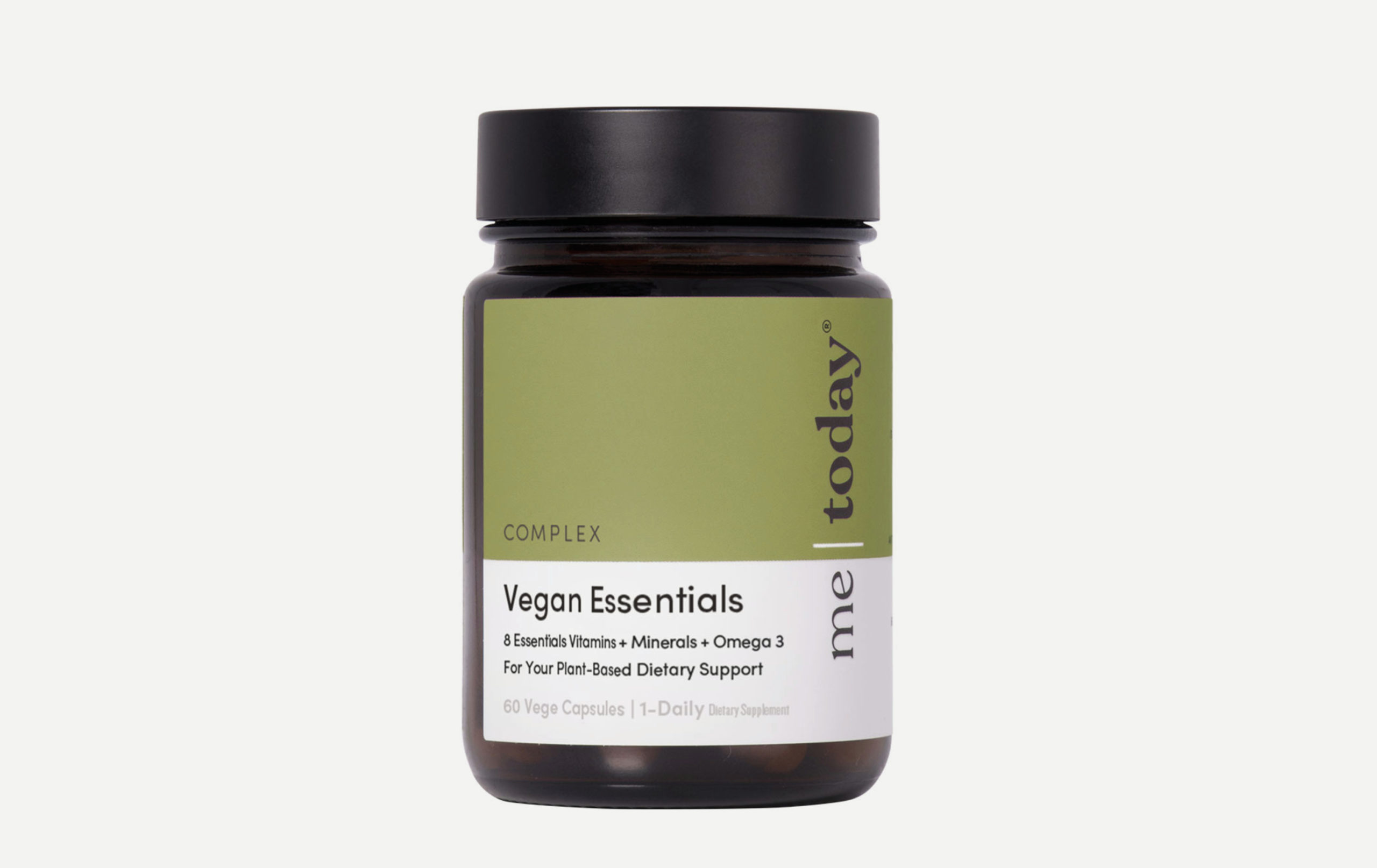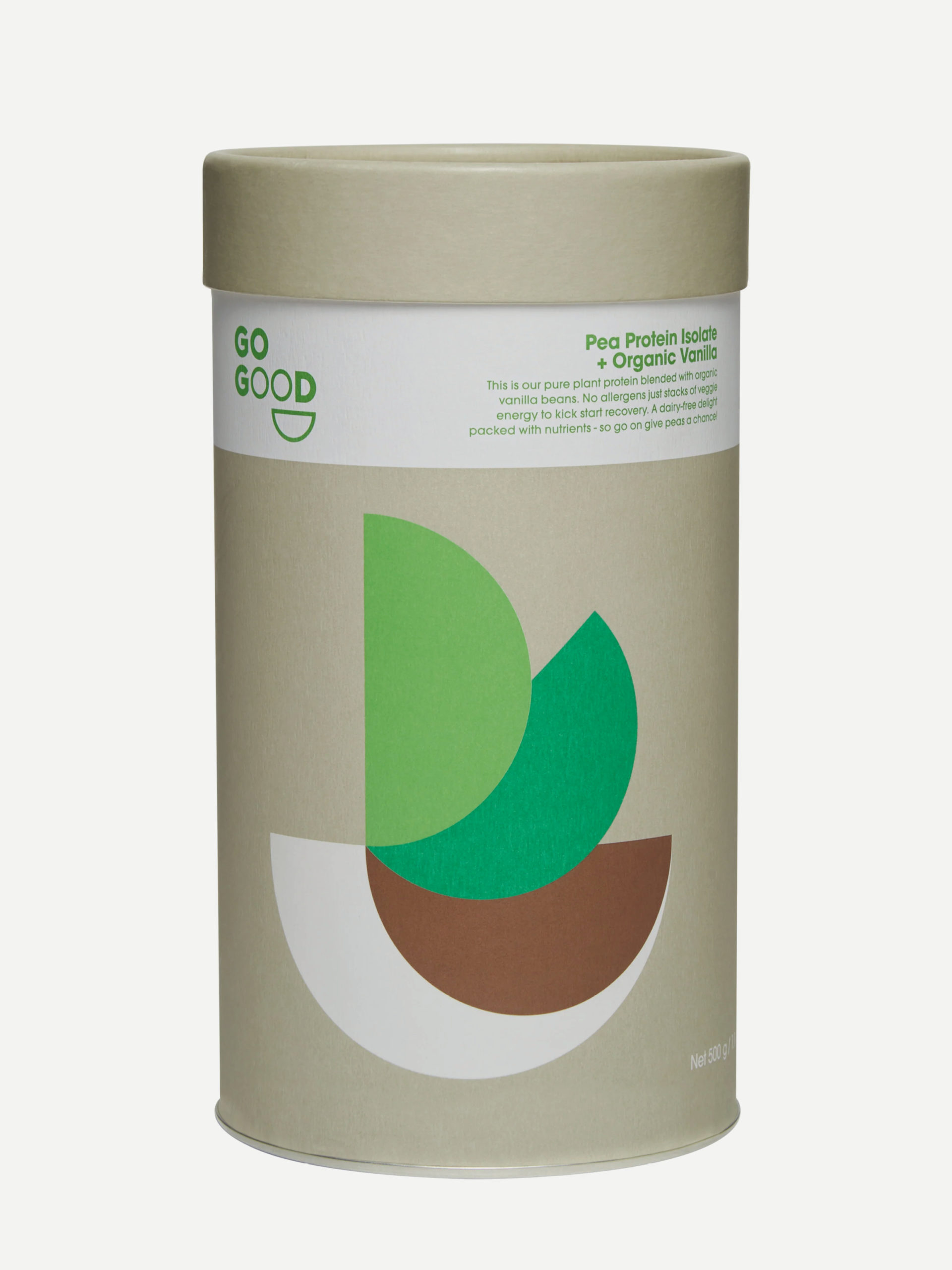by Dr. Sarah Mitchell Weston
We chat to our resident nutritionist, Dr. Sarah Mitchell-Weston, on the power of plants, and why, when it comes to nutrition, it doesn’t have to be all or nothing.
In our constant pursuit of optimal health, we forget that the most simple steps are often the most impactful. Nutrition should be our first port of call when it comes to improving our overall wellbeing, and incorporating more plant-based foods into our diets could be the ticket to preventative health.
Why is plant-based eating so effective in reducing the risk of illness and combating poor health?
Plant-based eating has garnered a considerable following in recent years due to its impressive impact on reducing the risk of various chronic illnesses and combating poor health. Plant-based diets are rich in nutrients that boost immune health and reduce inflammation, leading causes of many chronic illnesses today. But it’s important to note that these benefits are seen in vegan diets that are primarily wholefood-based and minimally processed.
What are three ways that a plant-based diet positively impacts our health?
A wholefood, plant-based diet can positively impact our diet in several ways. The key for me is the benefit to digestive health. Plant-based diets generally have a higher prebiotic (fibre) content, which feeds beneficial gut bacteria and promotes a healthy gut microbiome. Plants are also rich in phytonutrients and antioxidants, which protect cells from free radical damage and reduce cancer risk. A plant-based diet is also associated with a lower risk of cardiovascular disease, by reducing cholesterol and blood pressure.
What are the key nutrients we need in our diets to thrive?
The answer to this question could fill a book! There are many nutrients that are key which are termed “essential” — that is, those your body cannot make on its own and need to be obtained through diet. But the basic ones are your macros — protein, carbohydrates, and fats, plus water, and your micros — vitamins and minerals. These are what you need to survive; to thrive you need to go a step further and ensure you are getting the optimal quantity and quality of each macro and micronutrient, specific to your age, health, activity, and lifestyle.
It’s a common assumption that adopting a plant-based diet means missing out on key nutrients. What’s your take?
There is some truth in this. The most well-known example is that dietary sources of vitamin B12 are only found in animal products, so on a strictly plant-based diet, supplementation with B12 is crucial. Another example is collagen. While not an essential nutrient (your body can make collagen from the amino acids from the protein you eat) but collagen is only found in animals, and eating collagen (or taking supplements) optimises collagen production in the body. There are many more, from iron to zinc, calcium, and omega 3 (to name a few) can be low in a plant-based diet that isn’t managed properly.
Do you encourage a fully plant-based diet, or a more holistic approach?
A fully plant-based diet can be a healthy choice for some, but I recommend a session with a qualified nutritionist to ensure all nutrient requirements are met — and remember, it doesn’t have to be all or nothing! Eating more plants is always a good idea.









